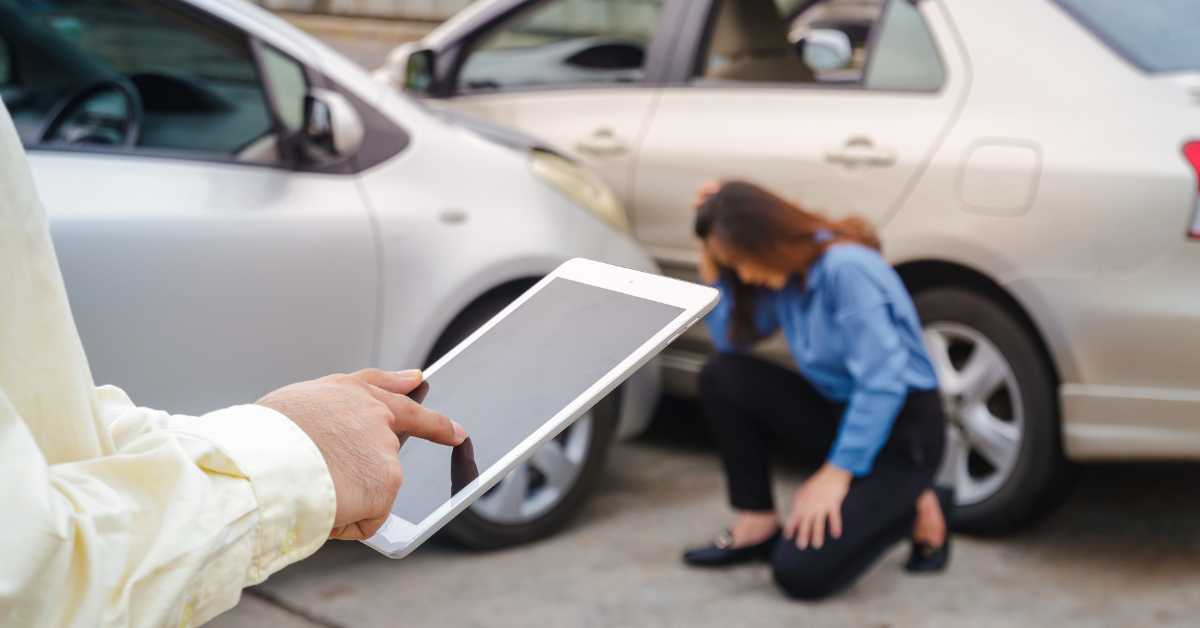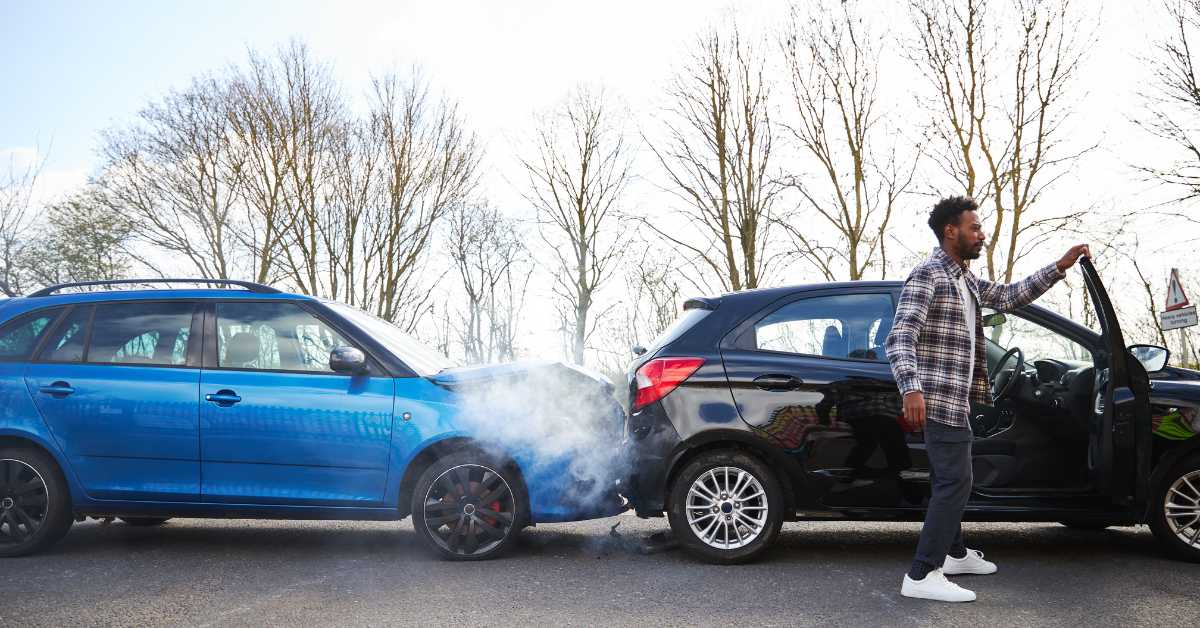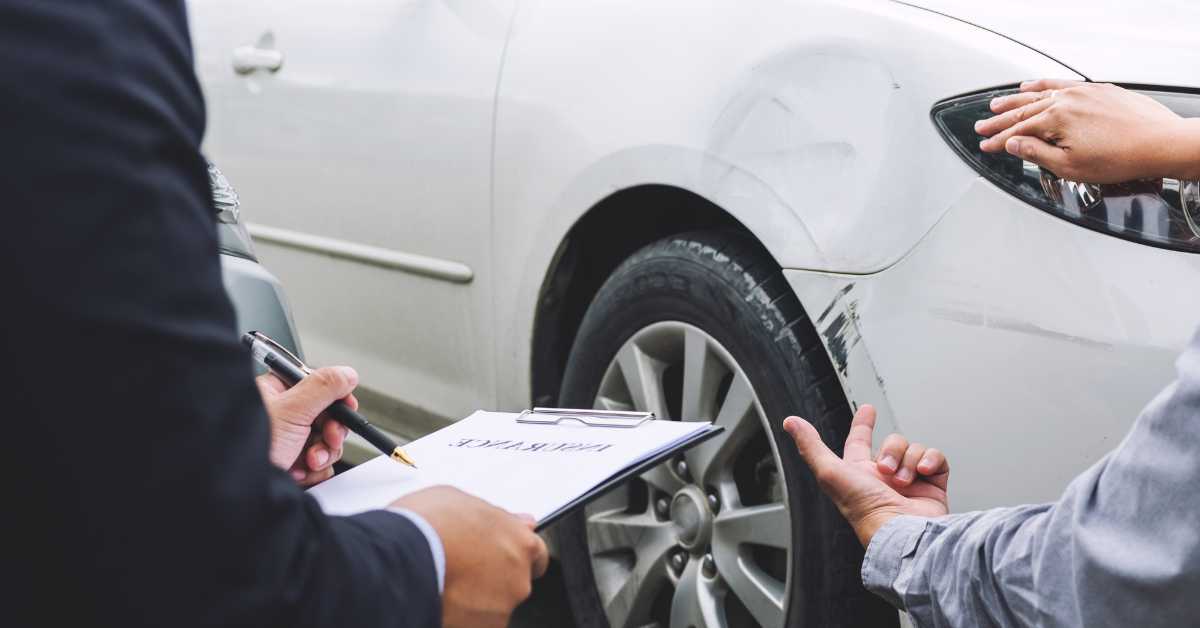
If you were involved in a car accident that resulted from property damage and injuries, who pays the bill?
The answer to this question will depend on whether the state you live in is classified as an at-fault state or a no-fault state. Oklahoma is an at-fault state for car accidents.
In this article, we’ll review the difference between at-fault and no-fault states and share some best practices that could potentially shield you from liability.
At-Fault vs. No-Fault States
In the United States, 38 of the 50 states are at-fault states. This classification means that the person who is responsible for the accident, also referred to as the “at-fault” party, is the person who pays for the damages. They are considered liable.
By comparison, in a no-fault state, both parties are responsible for paying for their own damages, including vehicle repairs or replacement and medical bills. They cannot sue the other driver for non-economic damages, including lost wages, pain and suffering, disability, and disfigurement.
Specifically, Oklahoma follows something called the “50 percent rule,” which is a type of comparative fault that only allows a victim plaintiff to recover financially from the other party if he or she is less than 50% at fault for the accident.
As you might guess, this means that determining who is at fault for a car accident is a monumentally important task. Each party’s insurance company is going to be quick to try to blame the other party. It can be beneficial to have an attorney review the facts of the case, including police reports, medical records, and witness statements to investigate what really happened at the scene and recommend a different allocation of fault.
How Car Accident Claims Work in Oklahoma
To describe the claims process for an at-fault state like Oklahoma, it can be helpful first to give context about how a car accident claim would work for a no-fault state.
In a no-fault state, each party files a claim with their insurance company, and your insurance company would pay for your damages and your damages only. This is true even if you’re not at fault. You’re still on the hook for any financial obligations that you incur. If your damages exceed your coverage, then you’ll have to pay out-of-pocket.
By contrast, in Oklahoma, if you’re not the person who is liable for the accident, you would file a claim with the other party’s insurance company. In general, you would only contact your insurance company in the following circumstances:
1. The driver that caused your accident didn’t have car insurance, or the accident was a hit-and-run, and the driver fled the scene. In this case, an uninsured motorist claim would cover the damages up to your policy limits.
2. The damages from the accident exceeded the other party’s insurance coverage. Here, your insurance company would pick up some of the tab using your underinsured motorist coverage.
How to Protect Yourself from Liability
Determining the at-fault party in an accident isn’t always black and white. Even if you know that you didn’t cause the accident, a couple of missteps could increase the odds of you being found liable. We recommend the following:
- Notify the police, even if you think the accident is minor with no property damage or injury.
- Exchange contact details and insurance information with the other driver.
- If there are any witnesses, ask for their contact details.
- Document the damage and the scene of the accident by taking photos with your smartphone and taking notes to help you remember important details.
- Seek medical attention. You might not notice immediate pain, but some injuries can manifest over time.
- Contact your insurance company to notify them you were in an accident.
- Do not admit fault to the other driver, the police, your insurance company, or the other party’s insurance company.
What to Do If You Were in a Car Accident
If the accident is significant with injuries, determining liability can get complicated. The other party’s insurance company may try to pin fault on you or reallocate the percentage of fault to lessen their financial liability.
Having an attorney on your side to uncover the facts and represent your best interests can help you achieve a better outcome, including appropriate compensation for your damages. Contact the law firm of Bryan Garrett for a complimentary consultation at (405) 369-4498.


